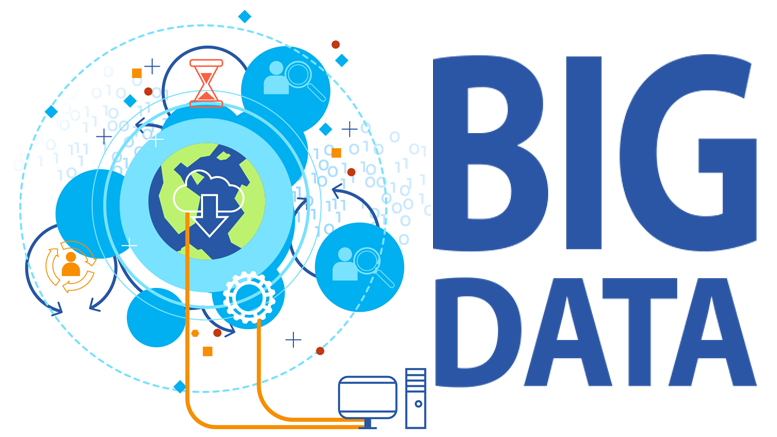BaiDu Machine Learning Platform: EZDL Custom Image Recognition
Whats new on arXiv
Knowledge Consensus in complex networks: the role of learning
Mouse Among the Cats
Colleen Flaherty asks:
R Packages worth a look
Naive Discriminative Learning (ndl)Naive discriminative learning implements learning and classification models based on the Rescorla-Wagner equations and their equilibrium equations.
Whats new on arXiv
A note on rank constrained solutions to linear matrix equations
Google Dataset Search : Google’s New Data Search Engine
Kshitij Bajracharya
发表于
Big Data : Meaning, Components, Collection & Analysis
Big data is high-volume, high-velocity and/or high-variety information assets that demand cost-effective, innovative forms of information processing that enable enhanced insight, decision making, and process automation.There are numerous components in Big Data and sometimes it can become tricky to understand it quickly. Through this article, we will try to understand different components of Big Data and present these components in the order which will ease the understanding.

Import AI 111: Hacking computers with Generative Adversarial Networks, Facebook trains world-class speech translation in 85 minutes via 128 GPUs, and Europeans use AI to classify 1,000-year-old graffiti.
Blending reality with simulation:…Gibson environment trains robots with systems and embodiment designed to better map to real world data…Researchers with Stanford University and the University of California at Berkeley have created Gibson, an environment for teaching agents to learn to navigate spaces. Gibson is one of numerous navigation environments available to modern researchers and its distinguishing characteristics include: basing the environments on real spaces, and some clever rendering techniques to ensure that images seen by agents within Gibson more closely match real world images by “embedding a mechanism to dissolve differences between Gibson’s renderings and what a real camera would produce”. Scale: “Gibson is based on virtualizing real spaces, rather than using artificially designed ones, and currently includes over 1400 floor spaces from 572 full buildings,” they write. The researchers also compare the total size of the Gibson dataset to other large-scale environment datasets including ‘SUNCG’ and Matterport3D, showing that Gibson has reasonable navigation complexity and a lower real-world transfer error than other systems.** Data gathering:** The researchers use a variety of different scanning devices to gather the data for Gibson, including NavVis, Matterport, and Dotproduct. Experiments: So how useful is Gibson? The researchers perform several experiments to evaluate its effectiveness. These include experiments around local planning and obstacle avoidance; distant visual navigation; and climbing stairs, as well as transfer learning experiments that measure the depth estimation and scene classification capabilities of the system .** Limitations:** Gibson has a few limitations, which include a lack of support for dynamic content (such as other moving objects) as well as no support for manipulation of the environment around itself. Future tests will involve testing if Gibson can work on finished robots as well. Read more: Gibson Env: Real-World Perception for Embodied Agents (Arxiv). Find out more: Gibson official website.** Gibson on GitHub.**
A Quick Appreciation of the R transform Function
R users who also use the dplyr package will be able to quickly understand the following code that adds an estimated area column to a data.frame.
Researchers.one: A souped-up Arxiv with pre- and post-publication review
Harry Crane and Ryan Martin write:
